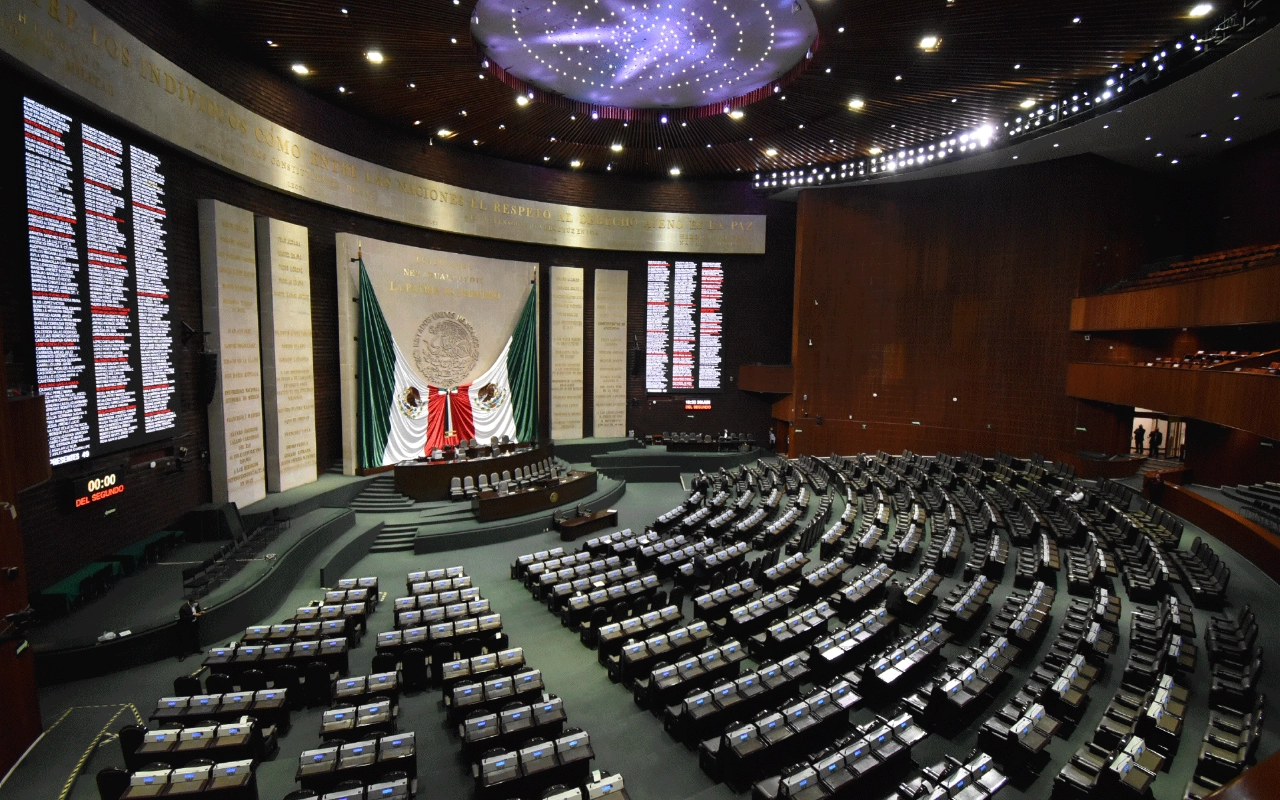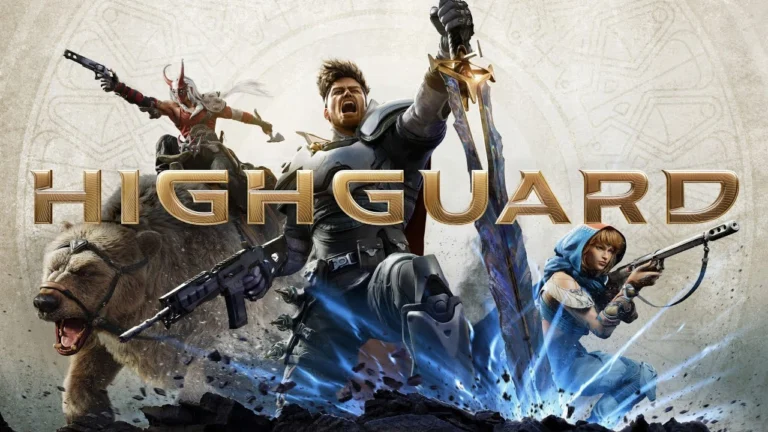As the gaming industry has grown, violent games have often found themselves an easy scapegoat for real-world criminality and violence. The 1993 Senate hearings on violent games led to the creation of the ESRB in America, and it seems every few years politicians on either side of the aisle shirk blame for the latest tragedy on gaming. But in the US at least, the gaming industry hasn’t found itself overly regulated. But south of the border, things may be changing.
Financial Package Includes Games Tax
Mexico’s Chamber of Deputies (the lower house of the Mexican Congress), recently passed a financial package to the Senate. Included is legislation to enact an 8% tax on violent video games. What counts as a violent game? The General Directorate of Radio, Television and Cinematography manages Mexico’s game rating system, assigning games a content rating of A-D. A is for all ages, B for twelve or older, B15+ for fifteen or older, C for eighteen or older, and D is adults only. Under the proposal, games rated C and D will be subject to the new tax. This would likely include many AAA releases like Call of Duty, Battlefield, etc.
The reasoning? The same thing we’ve been hearing since the 90s. Translated from the first proposal in September, “…recent studies have found a relationship between the use of violent video games and higher levels of aggression among adolescents, as well as negative social and psychological effects such as isolation and anxiety.” Though as Insider Gaming points out, no supporting studies are cited in the proposal.

Do Video Games Cause Violence?
The purported intent behind Mexico’s new tax is to deter young people from playing violent games, thus reducing violence. But what does the research actually say? Regarding whether games increase aggression, the results are mixed. While some studies say there is no causal link, others disagree. A meta-analysis from the University of Innsbruck in Austria contends that aggression in gamers increases after playing violent games. But if games cause heightened aggression, does that necessarily translate to real-world violence? A different meta-analysis done by Standford points towards no. It even contends that gaming serves as a positive outlet to release aggressive tendencies. So even if you’re malding from a dying streak in Battlefield 6, that doesn’t mean you’ll go out and commit a carjacking.
While the idea of consumption taxes is to decrease negative behavior, does anyone really believe Mexico will see a decrease in violence because of this? The country’s 2024 elections saw dozens of political candidates assassinated, and it probably wasn’t gamers doing the killing. If Mexico is serious about reducing real-world violence, cartels controlling one-third of the country should be a higher priority than the latest Mortal Kombat release. A cynical person might say the package filled with new taxes on games, sodas, cigarettes & more, is simply a money-grab.
None of the rhetoric on violence and gaming is new, and many readers may be tired of the same old arguments. But as long as politicians from older generations continue to look lazy explanations for violence in society, gamers must continue to refute them.
Originally sourced from Insider Gaming. For more coverage, check out our other games section.




